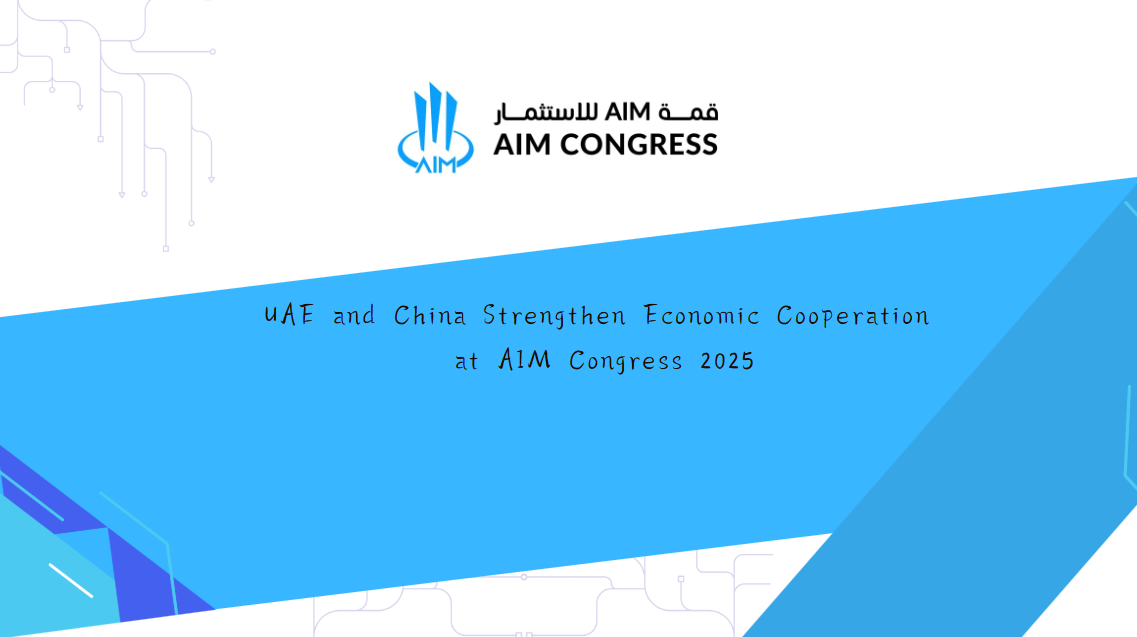Shanghai Stock Exchange Rolls Out New Self-Regulatory Framework to Strengthen Program Trading Oversight
The Shanghai Stock Exchange (SSE) has taken decisive regulatory steps to enhance program trading oversight in China's capital markets. On April 3, 2025, the exchange released its “Implementation Rules of Shanghai Stock Exchange on Program Trading Regulation” (hereafter the Implementation Rules). Developed under the guidance of the China Securities Regulatory Commission (CSRC) and reflecting mandates from the Third Plenary Session of the 20th Central Committee, the Central Financial Work Conference, and the “Several Opinions on Strengthening Supervision, Preventing Risks and Promoting High-Quality Development of the Capital Market,” this new rule package marks a significant evolution in the SSE's approach to ensuring market integrity.
A Rigorous, Data-Driven Approach to Market Fairness
At the heart of the Implementation Rules is an emphasis on robust oversight mechanisms designed to foster a level playing field for investors while curbing excessive risk-taking. The rules establish detailed provisions for several key areas:
• Program trading reporting management
• Trading behavior oversight
• Information system management
• High-frequency trading regulation
• Northbound Stock Connect management
• Supervision and inspection
According to SSE officials, the regulatory framework adheres to the guiding principle of “seeking benefits and avoiding harm” and stresses a commitment to fairness, strict supervision, and the controlled development of program trading. An official statement from the exchange noted that these measures aim to “maintain the order and fairness of the securities trading market and protect the legitimate rights and interests of investors.”
The comprehensive nature of the rules is designed to prevent market manipulation and systemic risks while promoting high-quality growth across the capital market. For market participants, especially institutional investors, these reforms provide an additional layer of assurance that China's market environment is evolving in tandem with global best practices.

Incorporating Stakeholder Feedback and Cross-Border Consistency
The SSE has actively engaged with both domestic and foreign market participants during the drafting process of these rules. Through a series of symposiums and surveys, the exchange collected detailed feedback from investors and market institutions. Many stakeholders expressed support for the Implementation Rules, noting that the proposals directly address long-standing market concerns. In response, the SSE has amended language in several provisions and adopted some of the suggestions received.
One notable innovation is the introduction of revised reporting arrangements for Northbound Stock Connect investors. To ensure consistency between domestic and foreign capital, the SSE—after thorough consultations with the Stock Exchange of Hong Kong Limited—drafted the “Guidelines No. 2 on the Application of Securities Trading Rules of the Shanghai Stock Exchange—Northbound Stock Connect Investor Program Trading Reporting (Draft for Comments).” Under these guidelines, reports are based on the Broker-to-Client Assigned Number (BCAN), and information flows seamlessly from Hong Kong participants to the SSE, aligning reporting content with domestic requirements.
Should reporting entities fail to meet these standards, the rules empower the SSE to instruct the Stock Exchange of Hong Kong Limited to take self-regulatory measures. This mechanism is expected to reinforce cross-border regulatory harmony and minimize discrepancies between Mainland and Hong Kong markets, a critical improvement for global investors operating across jurisdictions.
Implications for Global Investors and Business Professionals
For non-Chinese business professionals—particularly those in banking, investment management, export-import insurance, government investment promotion, multinational conglomerates, international law firms, and accounting firms—this regulatory initiative represents a positive signal. The tightened program trading oversight enhances market stability by reducing systemic risks and potential market distortions that could undermine investor confidence. In global finance, market stability is a key factor, and reliable, well-regulated capital markets are essential for facilitating cross-border investments and long-term partnerships.
Moreover, the new rules are likely to benefit foreign institutional investors by: • Improving transparency in trading practices
• Ensuring a fairer trading environment
• Facilitating more accurate risk management and pricing
• Supporting a more orderly market during periods of high volatility
These enhancements contribute to reducing uncertainty in the world’s second-largest equity market, thereby increasing its attractiveness as a venue for international capital flows. For investors involved in global financial operations—from multinational banks to specialized financial advisory firms—the practical relevance of these regulatory measures cannot be overstated.





















































First, please LoginComment After ~